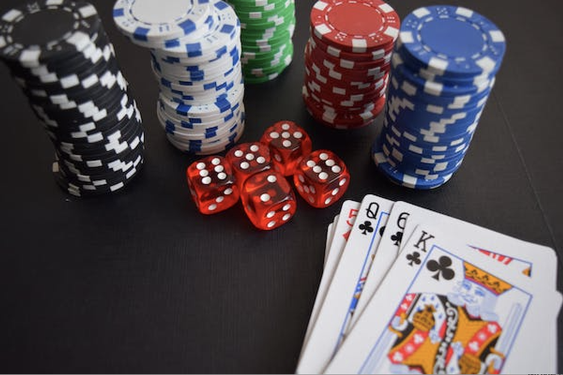Maybe it's true, maybe it's not, but that tends to be the prevailing thought in poker.
Pocket aces are best played heads-up, which requires aggressive play before and after the flop, which can make you pot-committed for your entire stack.
But aces also can be a great trapping hand, which leads to more passive play, which gives more players a chance to hit a big flop, which can get your bullets cracked.
This is why you can go from being thrilled that you were dealt aces to being thrilled that you live to see another hand in a no-limit hold ‘em tournament.
That was the ride that respected pro Kenna James experienced when he drew aces in the big blind at the Five Diamond World Poker Classic at the Bellagio in Las Vegas in 2005.
With blinds at $100-$200, Richard Tatalovich, another top player, made the standard raise of three times the big blind. Action folded to James, who needed to call another $400.
“I had about $18,000 in chips at the time and he had about $35,000,” James says. “Most people are going to reraise this pot. I decided to get creative with it. Sometimes it can come back to bite you, sometimes it can help you.”
James flat-called the raise. The flop came J-J-9, creating full house and straight possibilities.
James checked. Tatalovich bet $1,800, an overbet of nearly 150 percent of the size of the pot, which can be read as a player trying to protect an underpair or a big draw. James had a chance to come over the top with an all-in reraise, but he chose to flat-call again.
The turn came the queen of clubs, which strengthened the chances of making a straight. James checked, and Tatalovich checked behind him, perhaps showing weakness.
The river came the 10 of diamonds, creating all sorts of possibilities for big hands.
“I checked again and he made a very small bet – $2,000 – and I thought there might be a slight chance he's trying to pick it up with two 8's or two 7's, so I called the $2,000.”
Tatalovich turned over pocket jacks. He had flopped quads.
“If I had reraised before the flop,” James says, “we're getting it all in, and I would've been out of the tournament that early, so, by playing defensive in that situation, it actually helped me.”
James' philosophy is not to get greedy, even with aces. “Sometimes I play by the seat of my pants and I don't know what I'm going to do,” he says. “I wanted to mask the strength of my hand at that point. Richard's a tough player. He's raising under the gun, and he knows if I'm reraising from the blind, I've got a strong hand. Most people want to get it all in there. I just had an instinct to see the board develop, and it developed bad for me, so I was able to survive the hand.”



